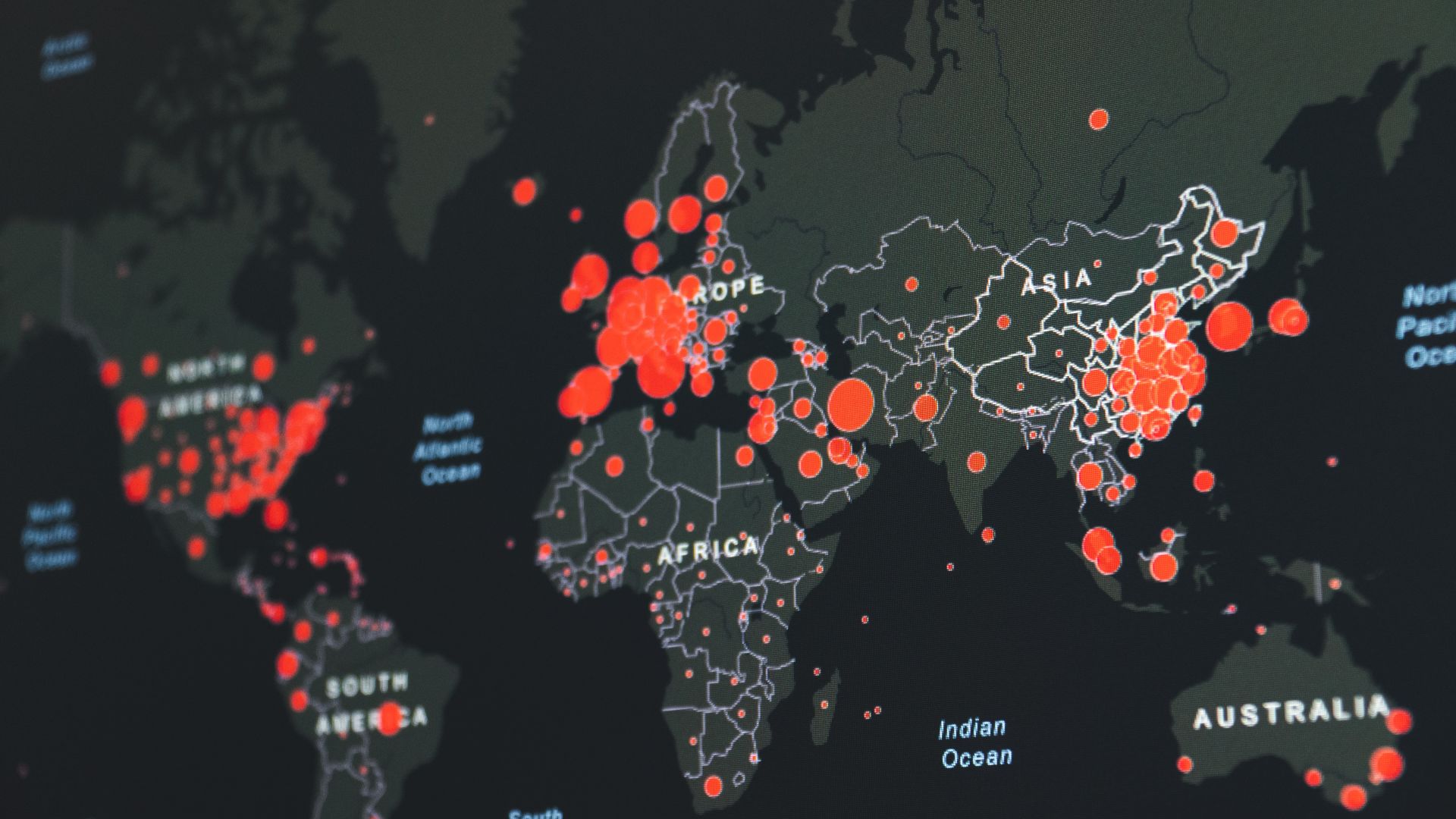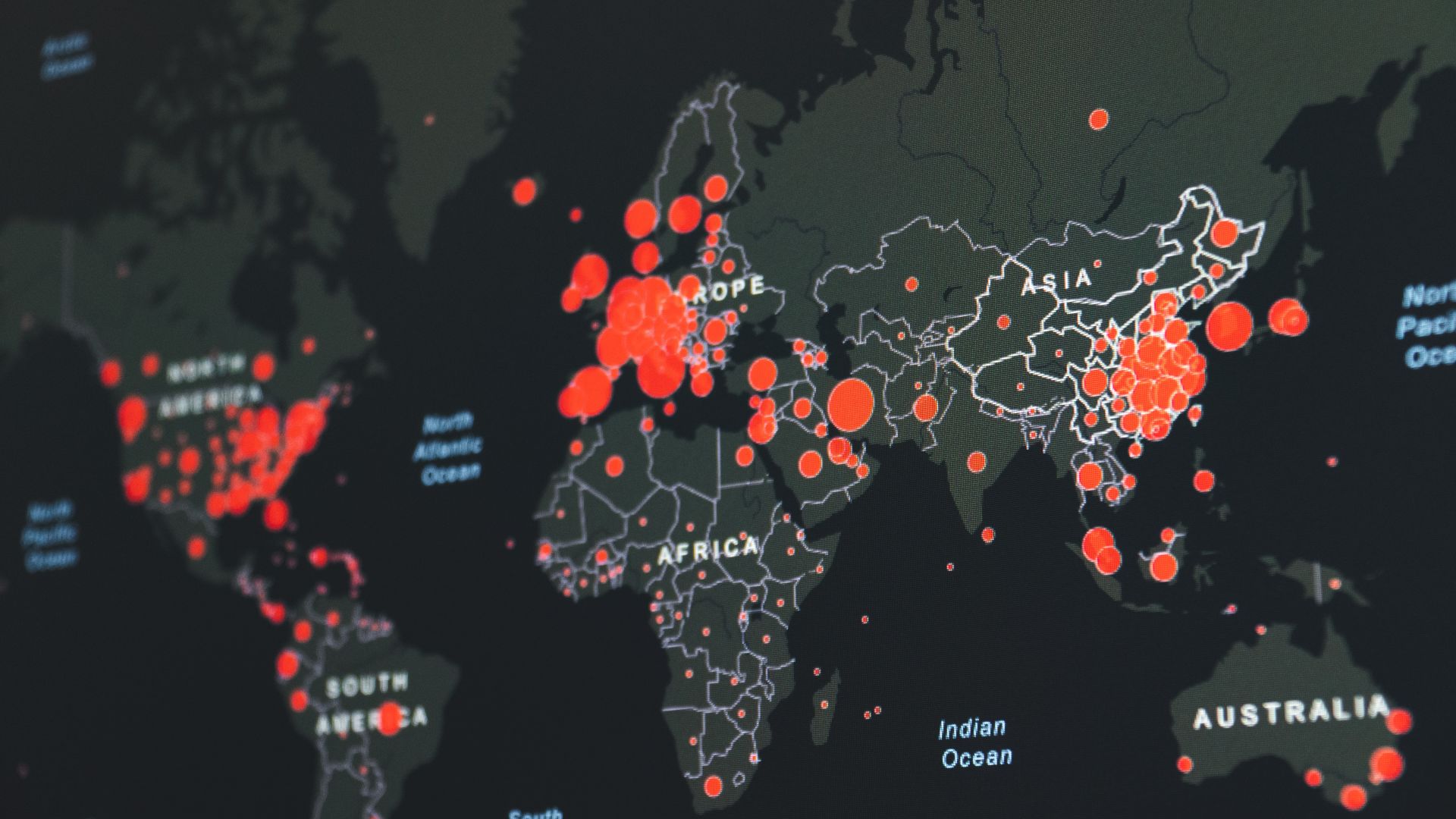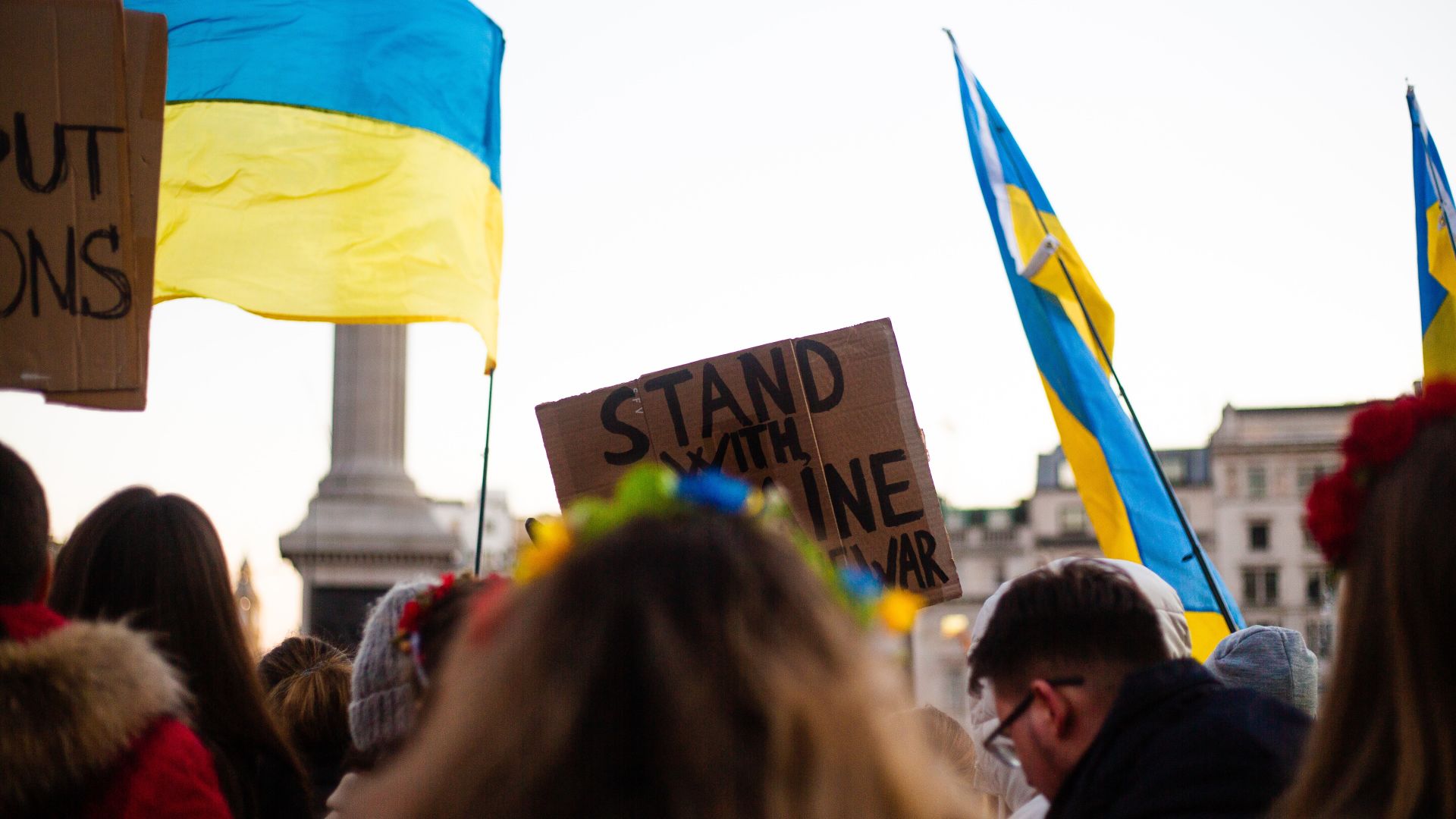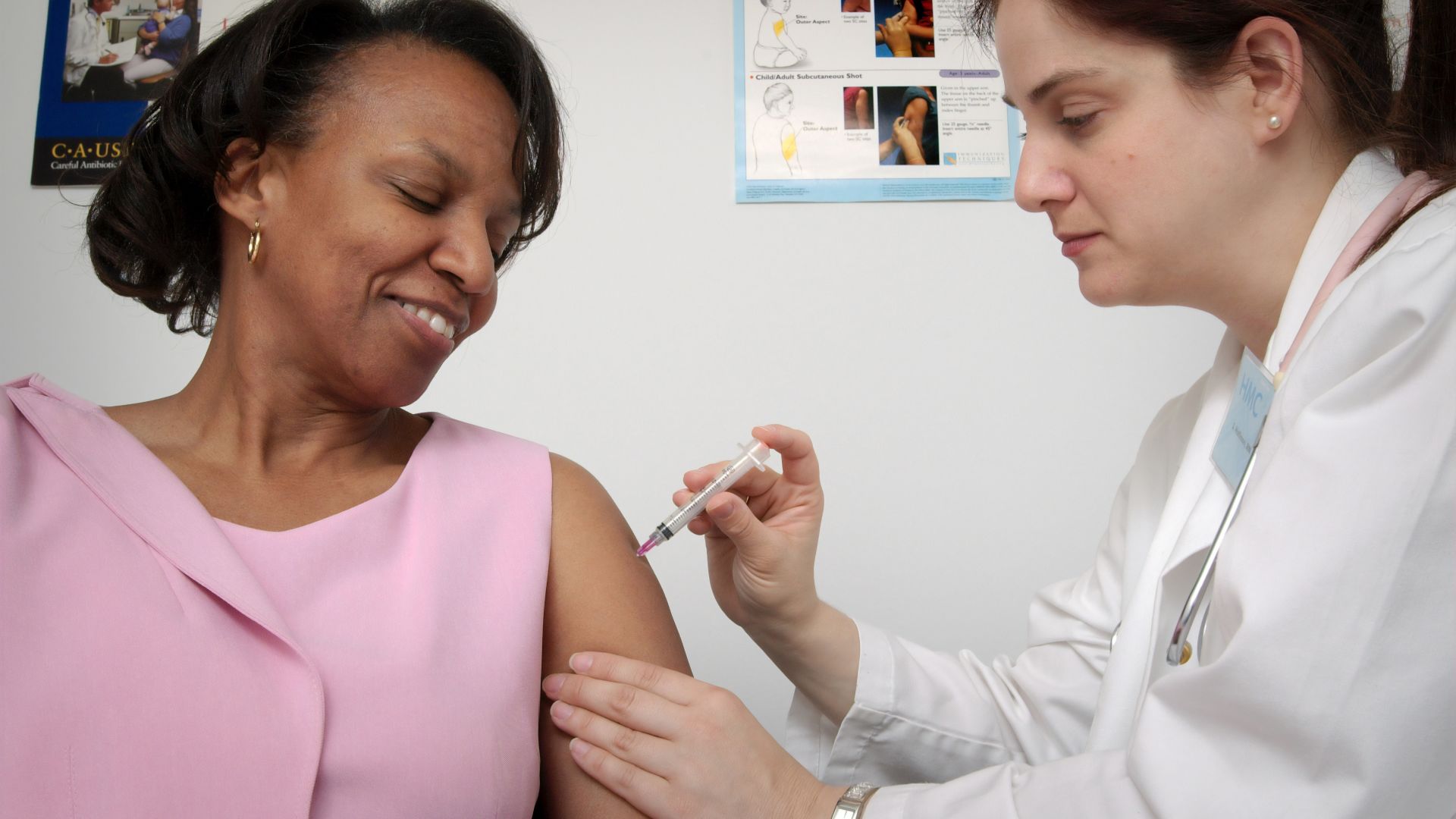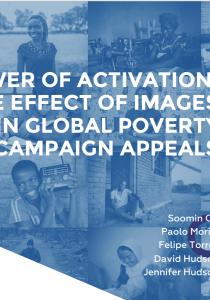
When quizzed in a survey about vaccines, carbon emissions, Covid-19 and democracy, 33 percent of a nationally-representative group of people living in Great Britain answered most questions correctly, a collaborative research project by the Development Engagement Lab and Gapminder has found. Evaluated for their belief in conspiracy theories, the data also shows a higher likelihood of conspiracy susceptibility in those who got fewer questions right.
In other words, the research suggests that knowledge truly is power against the proliferation of conspiracy theories.
To establish an individual’s level of belief or susceptibility to conspiracies, we asked respondents to evaluate three statements for believability:
- Many important things happen within the world, which the public is never informed about.
- Politicians do not usually tell us the true motives of their decisions.
- Government agencies closely monitor all citizens.
- Events which superficially lack a connection are often the result of secret activities.
- There are secret organisations which greatly influence political decisions.
When then presented with the above true statements about vaccines, carbon emissions, etc., we were able to see a connection between the number of right answers given and belief in conspiracy theories.















